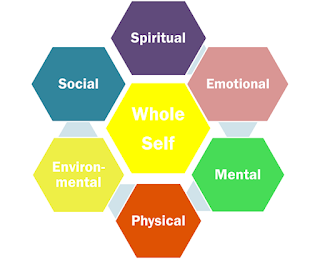Nana, with her twinkling blue eyes and gentle smile, was the matriarch of our family, a repository of wisdom and love. Every Friday, without fail, I would eagerly make my way to her cozy home with anticipation bubbling in my chest like the fizz in a Shirley Temple. As soon as I stepped through the door, the scent of her cooking would envelop me like a warm embrace, promising culinary and nostalgic delights.
We would settle at the kitchen table, the worn deck of pinochle cards resting between us like an old friend. With deft hands, Nana would shuffle the cards, her movements a graceful dance honed by years of practice. I would watch in awe as she recounted tales of her youth, her days spent as a skilled horseback hunter and evenings sewing in the bustling streets of the New York fashion district.
As we played, she would regale me with stories of her adventures, of moonlit garden escapades and folk remedies passed down through generations. With each hand of cards, she imparted lessons not just in the game, but in life itself. "Always follow suit," she would say, her voice soft but firm. "In cards and in life, it's important to stay true to your path."
I soaked up her wisdom like a sponge, internalizing the values of independence and resilience that she embodied. Through her stories, I learned the importance of hard work, determination, and of finding joy in life's simple pleasures. And as we laughed and played into the night, I felt a deep sense of belonging, knowing that I was part of something larger than myself.
Nana's skills at the card table were legendary, her ability to "trump my ace lead" a testament to her sharp mind and quick wit. But more than her prowess in the game, it was her unwavering kindness and generosity that left the greatest impression on me. In her presence, I felt seen and loved, accepted for who I was without judgment or reservation.
To this day, Nana's copy of Hoyle's Card Games and the pinochle deck we used remain precious mementos in my possession. Bound together by a pale pink ribbon, they serve as tangible reminders of those cherished Friday nights, of the laughter and love that mingled in the air with the aroma of her cooking.
Though Nana is no longer with us, her spirit lives on in the lessons she imparted and the memories we shared. Whenever I shuffle a deck of cards or catch the scent of braised beef, I am transported back to those precious moments, to a time when the world seemed simpler and love knew no bounds.
In her own quiet way, Nana shaped the person I am today, instilling in me a deep sense of gratitude and appreciation for life's little pleasures. And as I carry her memory forward, I do so with a heart full of love and a deck of cards held close, forever grateful for the gift of her presence in my life.




.jpg)







